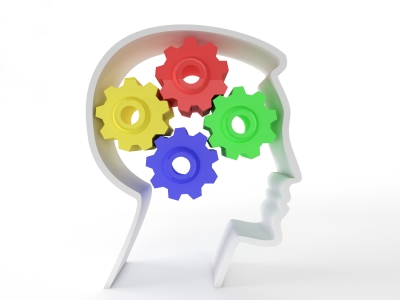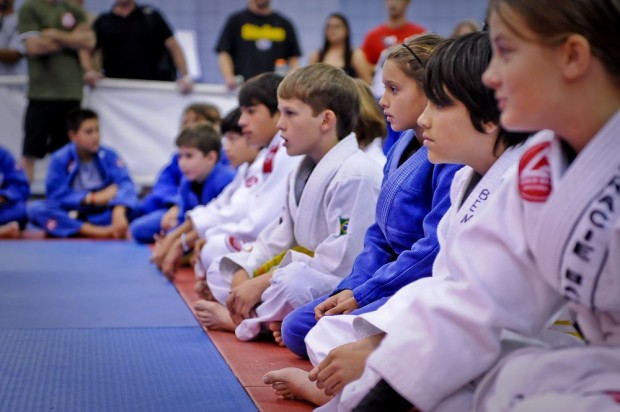Better Jiu-Jitsu Instructing by Knowing Intelligence Types
Identifying Individual Needs: Let’s Focus on What Can be Applied on the Mats
It dawned as a curious theory when we speak of different intelligence types. Howard Gardner posits that individuals fall into different intelligence archetypes; each individual’s learning curve depends on the varied cognitive abilities. Each person, according to the theory, will have greater success if his/her learning design is geared towards their specific learning type. Understand that most individuals according to this theory may include a main set and a subset of another learning ability. But then again, great instructing will always boil down to knowing and treating each student as an individual.
As a BJJ instructor, it would be of great use to gain an understanding on the basics of human psychology, particularly this theory, and apply it to each student. After all, identifying the individual needs of each student will help them succeed, and eventually, help yourself succeed as well.

There are many types of intelligence under this theory. But, let’s focus on what can be applied on the mats.
Linguistic Intelligence refers to individuals who are geared towards learning in a verbal-linguistic manner. Typically, these are the students whom can take instructions easier through words. They often display great verbal-communication skills. These students usually will ask for instructions in a descriptive manner such as: “how do you do that?” or “describe to me the arm position.”
Bodily Kinesthetic learners, as the type implies, are learners who display intelligence in handling the bodily motion, and can handle objects skillfully. Putting this in a class scenario, these are individuals that can learn best through repetition. They usually are the ones who are left doing drills in the mats, trying to visualize the technique. These types of learners gain a better understanding by showing them how the technique is done.
Logical-mathematical learners are students who often will ask you “why, or, or what if?” They thrive on abstract ideas and multiple possibilities, theories etc. These students may start asking you the what-if’s of each move. They are often interested with statistics, numbers etc. Handling these types of students can be a challenge to most instructors.
Musical Intelligence refers to auditory learning. These are students who may enjoy rhythmic movements during training sessions. These are the students who enjoy music while doing the drills. The primary reason is that these individuals exhibit increased sensitivity in learning rhythms and patterns. As the type implies, there is a strong auditory component behind an individual’s learning ability.
It’s important to keep in mind that individuals can learn in different ways, so having a better understanding of each individual will help everyone succeed.

